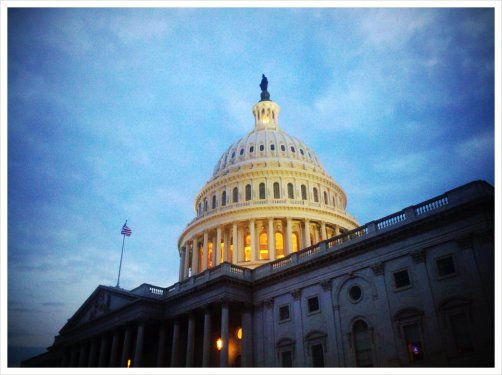A few weeks ago, President Trump announced the application fee for an H-1B visa would increase to one hundred thousand dollars. The price tag sent shock waves through the tech ecosystem, which heavily utilizes the visa to bring talent in from other countries.
On the podcast Equity, we spoke with Jeremy Neufeld, the director of immigration policy at the Institute for Progress, to discuss the visa changes, their meaning, and the reasons behind them. He said the intention of the visa change makes sense, but the implementation has left a lot to be desired. He explained that some of the proposals they have settled on contain loopholes or prioritize the wrong things. As a result, he believes the visa changes will probably have the reverse effect of what the Trump administration intended, acting as a big tax on bringing in top researchers from around the world.
Despite the sticker shock, many people support the visa changes. Neufeld acknowledged that it makes sense to ensure the eighty-five thousand open H-1B visa slots go to valuable workers and that a fee could help ensure only the best applicants receive the visa. He also addressed allegations of companies abusing the visa, but again pointed to hard-to-ignore loopholes in the new changes.
Elsewhere in the conversation, we discussed other changes to the visa, such as the required wage levels. We pondered the Trump Administration’s reasons for changing the visa and the odds of more changes occurring before its lottery in the spring. Neufeld also spoke about the potential impact this will have on the global tech scene and hiring practices.
He expressed concern that many people will be deterred from coming to the United States. Overall, there are many uncertainties regarding nearly every aspect of this visa change. He noted that the changes are currently in a notice and comment period, where feedback from the public is being accepted. Given the reactions to the change, even more modifications could be coming.

